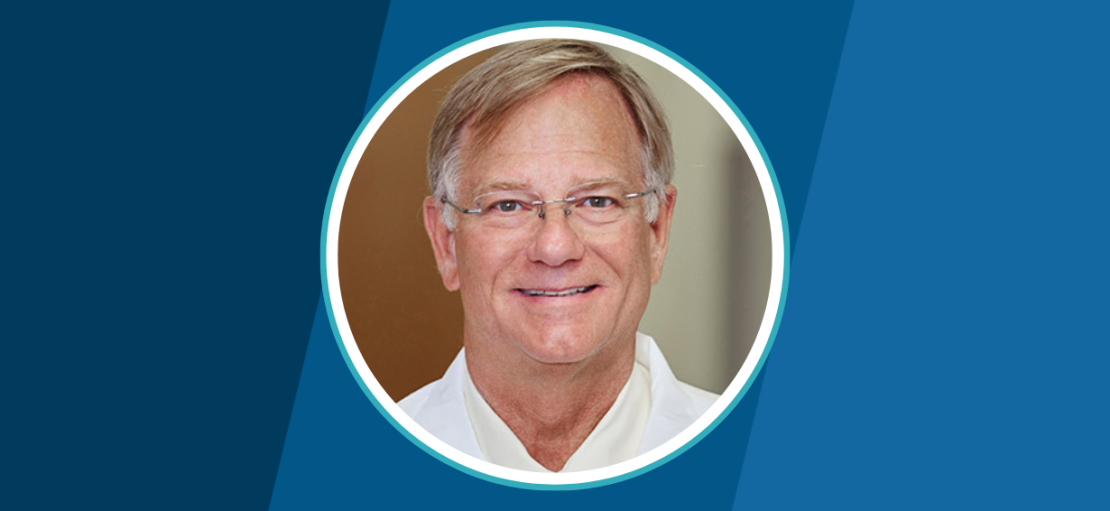When I was a hepatology fellow at Johns Hopkins, transplant hepatology was not yet a subspecialty in which you could obtain board certification. Our extra training gave us the education to provide patient care for a very complicated set of individuals but there was no validation that we had meaningfully added to our skill set. That changed with the first Transplant Hepatology Certification Exam administration in 2006. I took that examination and I have the late Dr. Bruce Bacon to thank for my board certification in transplant hepatology. He was one of the leading advocates behind that advancement.
Although I never worked directly with Dr. Bacon, we overlapped on countless advisory boards, AASLD activities and continuing medical education events. I considered him a friend and I am not alone, as his warm, inviting personality and practical perspective made him so approachable that everyone knew him. Despite his affable persona, he was a monumental figure in the relatively small world of transplant hepatology, broadly known, well liked and deeply respected. When I learned of his passing in July, I knew that ABIM, gastroenterology and transplant hepatology had lost a legend.
As physicians, we all seek to make our mark on the field of medicine, whether through research, education, patient care, professional relationships, volunteer service or other impactful ways. I am astounded and inspired by the way Dr. Bacon left his mark on all of these and more. At ABIM alone, his track record includes the Board of Directors (1999 – 2003), the former Subspecialty Board on Gastroenterology (member 1997 – 1999, chair 1999 – 2003) and the Test and Policy Committee on Transplant Hepatology (2004 – 2010) that oversaw the historic recognition of the discipline as a board certified subspecialty in 2006.
Dr. Bacon’s legacy speaks for itself, but the words of his friends and colleagues add greater depth.
Dr. Lawrence S. Friedman, who served on the Subspecialty Board on Gastroenterology with Dr. Bacon, reflected, “Bruce had a gift for bringing people together—with humor, humility and genuine caring. His expertise was complemented by his pragmatic approach to clinical care and his extraordinary kindness.
“Bruce never lost sight of the people behind the policies and the patients behind the science,” he continued. “He was a continual source of insight, great judgment and good cheer. His integrity and deep commitment to advancing medicine left an impression on every activity in which the Subspecialty Board engaged—and on me personally.”
Dr. Ira M. Jacobson, another founding member of the transplant hepatology certification with Dr. Bacon, remarked, “I admired Bruce for decades as a physician, teacher, researcher, innovator and leader at the top of his field. He was instrumental in developing the current paradigm for training in transplant hepatology and was the first Chair of the Transplant Hepatology [Subspecialty] Board, on which I was honored to serve under him. As in all of his endeavors, he treated those he led with wisdom, kindness, humor and respect. He will always be enshrined as one of the investigators who identified the HFE mutations underlying type 1 hemochromatosis.”
I am moved by the many condolences, memories and reflections on Dr. Bacon’s life and career on his memorial page, and humbled to offer my own reflections on behalf of ABIM Governance and the transplant hepatology community. As a physician, his work inspires me to continue the important work we all do, for our patients and the advancement of the profession. As a hepatologist, I am so deeply grateful for the impact Dr. Bacon’s life has had on our field and my own professional journey.
With condolences,
Nancy Reau



